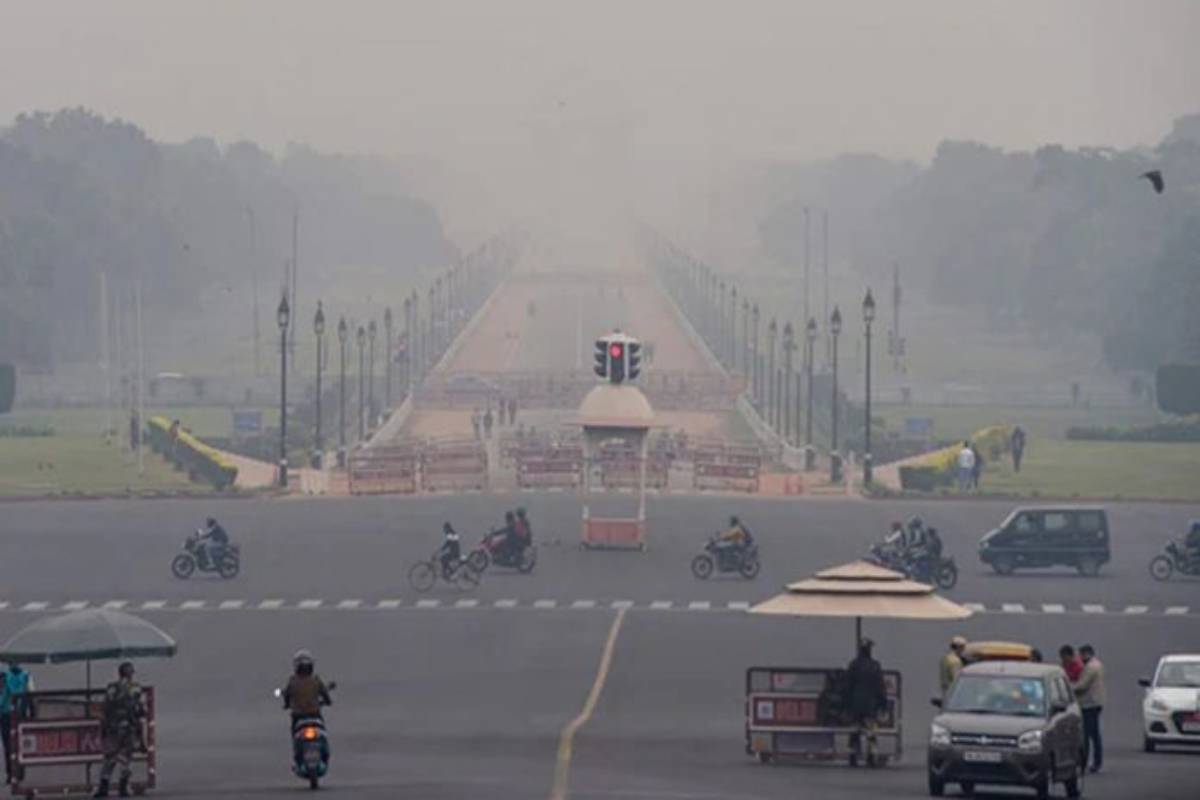The national capital’s average Air Quality Index (AQI) on Sunday was recorded at 277, falling in the ‘poor’ category, according to the Central Pollution Control Board (CPCB).
There are at least ten places in the city, including the pollution hotspots, where the AQI figures pegged more than 300 points, falling in the ‘very poor’ category, according to the CPCB.
Advertisement
With the air being under the poor category, the residents of the city, especially those suffering from illness, may experience breathing discomfort while most of the people on prolonged exposure to such air are likely to witness the same symptoms.
In the areas where the AQI is ‘very poor’ people might develop respiratory illness on prolonged exposure.
Apart from the rising air pollution levels in the city, another concern is the toxic foam visible in the Yamuna river, mostly near the Kalindi Kunj area, flagging a concern with the Chhath Pooja not far, in which the devotees often go to the river for rituals.
According to the Indian Institute of Tropical Meteorology’s (IITM) AQI and weather bulletin, the outlook for the subsequent 6 days, air quality is likely to be in the “Very Poor” to “Poor” category.
The IITM forecast suggests that meteorological conditions are unfavourable for the effective dispersion of pollutants as calm winds prevail during the night.
Additional emissions from sources such as stubble/waste burning are likely to deteriorate air quality significantly, the bulletin added.
Meanwhile, the Delhi government has intensified measures at the pollution hotspots, and the deployment of 325 anti-smog guns has started at the hotspots, with emphasis on the large-scale construction projects that end up generating dust.
On Yamuna’s toxic foam, the state government is continuously working to eliminate this and Silicon-based Food Grade Defoamer will be sprayed in this regard, which will resolve the issue, CM Aithsi had said.
Meanwhile, the restrictions under the Graded Response Action Plan (GRAP) stage-1 are already in force across the national capital to keep a check on the rise in pollution during the winter.
If the situation deteriorates further, the CAQM may invoke measures under stage 2 of the anti-pollution plan in the future.
